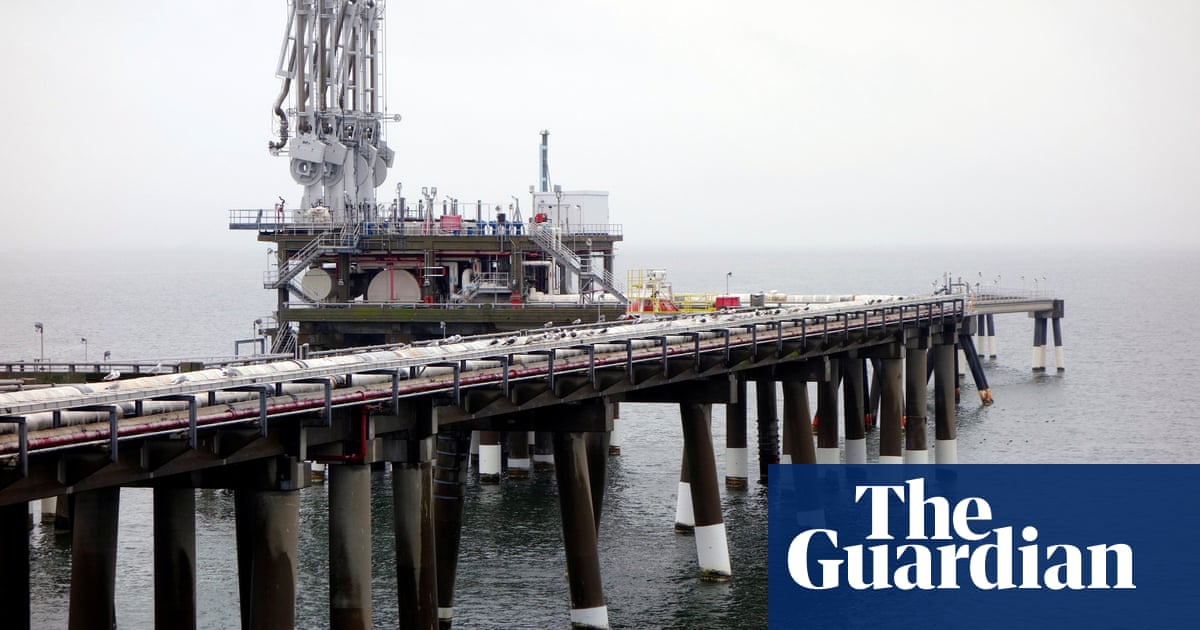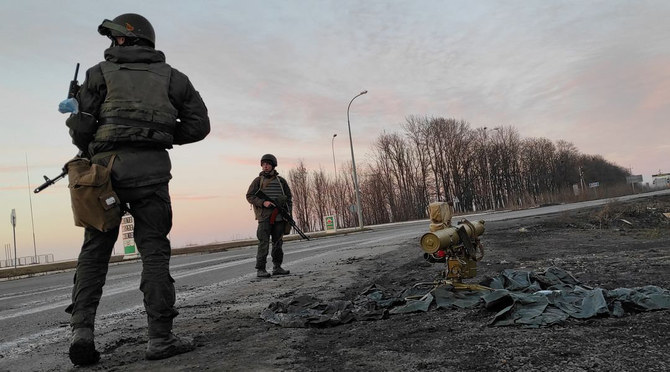
The European Commission is investigating the bloc’s biggest sea-borne gas supplier Qatar Petroleum over potentially restrictive 20-year supply agreements inhibiting development of a single gas market, its latest challenge to a major gas supplier.
The bloc, having just wrapped up a seven-year market abuse probe into Russian giant Gazprom, said it sought to determine if Qatar’s liquefied natural gas (LNG) supply deals with European utilities barred them from diverting shipments within the region.
So-called destination clauses are a fixture of long-term LNG deals that tie buyers to receiving shipments at a specific port, thereby preventing cargo diversions that could undercut Qatar in a third market.
Qatar is the world’s biggest LNG producer and its geographical location between Europe and Asia also allows it to swing supply to the most lucrative market, which causes periodic supply shortages particularly in northwest Europe.
The world’s biggest LNG importer Japan has led the backlash against destination curbs in LNG deals, a throwback to a time when producers held the upper hand, after its Fair Trade Commission last year banned the practice in any new deals.
The probe into Qatar’s LNG deals follows extensive consultation between the European Commission and Japan’s Ministry of Economy, Trade and Industry in recent months exploring the impact of such curbs on gas market development and price transparency, workshop presentations seen by Reuters show.
“We have opened an investigation to look at whether there are problematic territorial restriction clauses in gas supply contracts with Qatar Petroleum,” said EU competition commission Margrethe Vestager, adding: “Such clauses may harm competition and prevent consumers from enjoying the benefits of an integrated European energy market.”
Trevor Sikorski, analyst at Energy Aspects, said the producer could face fines of up to 10 percent of global turnover if found guilty of non-competitive behavior. “The more likely outcome is they agree to remove all restrictive destination clauses in their supply agreements with European buyers,” he said.
EU antitrust regulators ultimately decided against fining Gazprom after finishing the seven-year probe in May, but it did force Gazprom to reform its pricing structure and allow buyers in eastern and central Europe greater control over supply.











